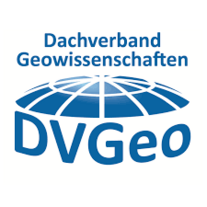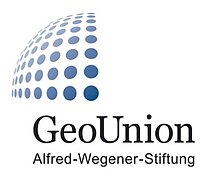Search engine for geological maps (FID GEO)
The interactive overview map on GEO-LEOe-docs provides access to the online freely available sheets of the geological maps GK25 and GK50. Map sheets already available on GEO-LEOe-docs are listed, usually complemented with the associated explanatory booklets. Researchers may propose public domain map sheets of the GK25 for digitization by the FID GEO free of charge.
Search engine for topographic maps (SIS Maps)
Our partner, the Specialised Information Service for Cartography and Geodata (SIS Maps), offers various map catalogues on its website, including a high volume of topographic map series with links to the world's national and regional geoportals as well as links to various country-specific Grids&Datums.
Search alphabetically by country name under: Topo-List.
GEO-LEOe-docs is the geoscientific repository for texts and geological maps, maintained by the FID GEO and operated at the Göttingen State and University Library (SUB Göttingen). GEO-LEOe-docs serves as a platform for Green Open Access publications (secondary publications). It also offers an interactive overview map with access to digitised geological maps (GK25). On GEO-LEOe-docs all documents are freely accessible and referenced with DOI. Various ongoing net publications are released here as digital first publications.
GFZ Data Services is the subject-specific research data repository for the geosciences and related disciplines, through which research data have been published with DOI since 2004. Today, GFZ Data Services is an internationally recognized repository for citable and DOI referenced geoscientific data, software and the assignment of International Generic Sample Numbers (IGSN = PID for physical samples).
News
FID GEO call for abstracts GeoUtrecht2020
Section 6, Theme 6.1, Session 6.1.1 ‚Research data and software management in times of FAIR and Open Data‚
Chairs: Andreas Hübner, GFZ German Research Centre for Geosciences; Dirk Fleischer, Kiel University
Demands for integrity, transparency and reproducibility of today’s research are increasing, posing new challenges for research data and software management in all science communities. The geoscience community is responding to these requests with a growing number of scientific networks and initiatives, at different levels and with varying thrust. Bottom-up driven initiatives like the Research Data Alliance (RDA) and national and international funding organizations bringing forward the German Alliance for Marine Science (DAM), the German National Research Data Infrastructure (NFDI) or the European Open Science Cloud (EOSC), all call for frictionless interoperability from the top-level side.All of this is supported by the intermediate activities like the Coalition for Publishing Data in the Earth and Space Sciences (COPDESS) and FAIR initiatives, promoting the cultural change in publishing and citation of data, samples and software in journal articles towards more transparent research. This session invites contributions that present novel approaches, best practices and community efforts in geoscience research data and research software management to enable open access and reuse of data and code.
Section 6, Theme 6.2, Session 6.2.2 ‚Concepts, practice and future of research data and software literacy‚
Chairs: Dirk Fleischer, Kiel University; Andreas Hübner, GFZ German Research Centre for Geosciences
Data Literacy is a fundamental competence to be able to participate in the digital world in science, work and society. Data Literacy is the ability to deal with data in a structured and systematic way and to use and question it consciously. Within recent years a strong call was made for improved ‚Data Literacy‘ and related ‚Future skills‘ for scientists. One prominent example in Germany was the launch of the funding programs for Data Literacy of the German ‚Stifterverband‘. The latter also participated in a combined call within the German state of North Rhine-Westphalia for institutions of higher education to provide data literacy education to the students with a total volume of 3 Mio Euro.This session invites presentations from people who are planning or already teaching ‚Data Literacy‘ and digital methods in their courses as a part of the general curricular. It may also worthwhile to share experiences with established programmes concerning Future Skills at an university. It is the intention of the session to provide examples of the multiple ways to take the education of the scientists of the future one step further by including data driven methods concurrent to teaching data creation.
FID GEO is co-organiser of two sessions at the GeoUtrecht2020 (24-26 August 2020, Utrecht, NL) and calls for contributions to one or both sessions. See below for details of the sessions. Deadline for the submission of abstracts: Tuesday, 5 May 2020.

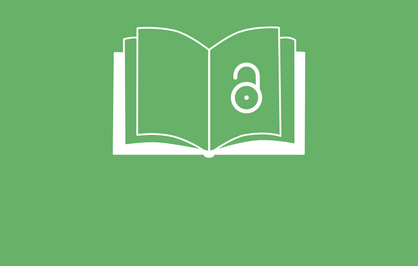
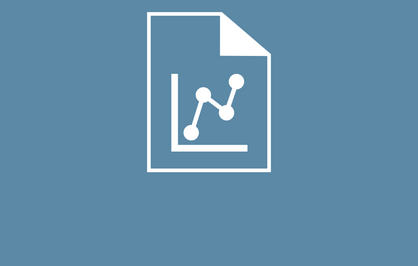

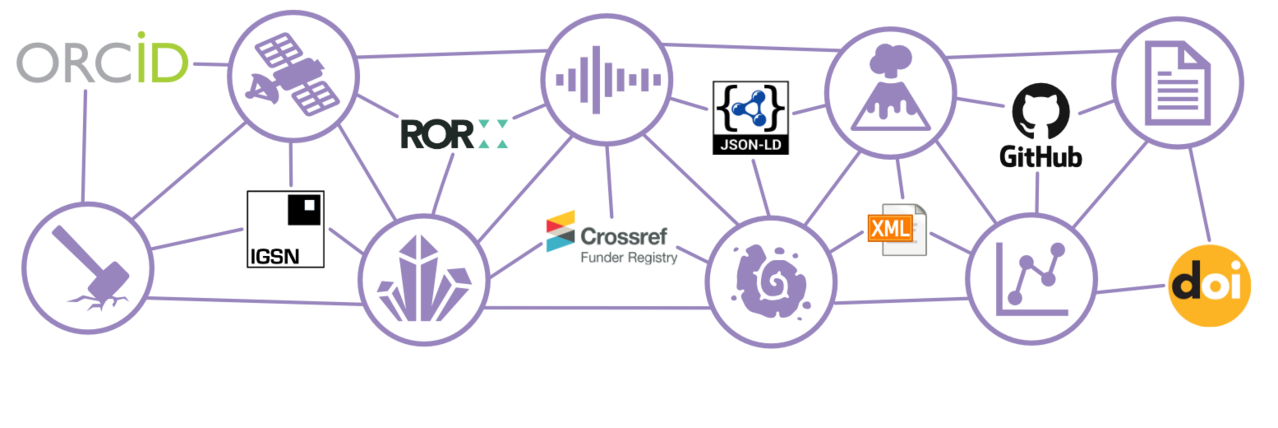
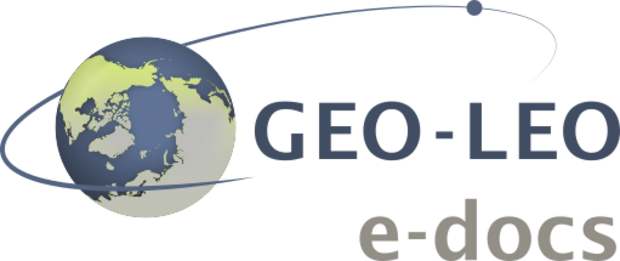





![[Translate to English:] Deutsche Geologische Gesellschaft - Geologische Vereinigung](/fileadmin/_processed_/e/e/csm_DGGV-Logo_164_89ea9c71c0.png)
![[Translate to English:] Das Geowissenschaftliche Studentische Erfahrungs- und InteressensNetzwerk](/fileadmin/_processed_/d/5/csm_Gestein_Web_Logo_c9a4cdaff8.png)

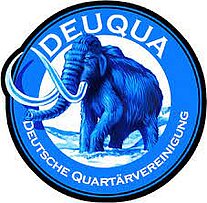
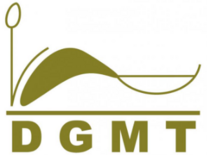
![[Translate to English:] Deutsche Mineralogische Gesellschaft e.V.](/fileadmin/_processed_/5/8/csm_DMG_96aeefffbf.jpg)
